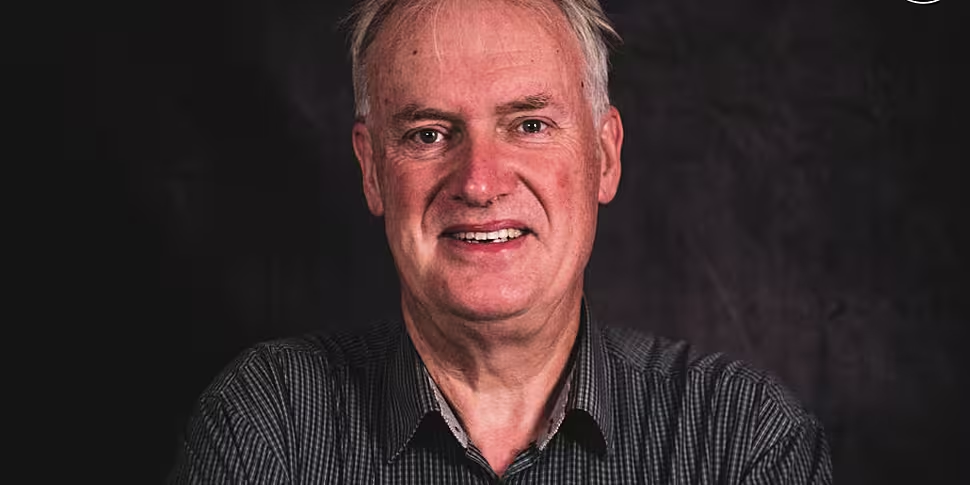Ireland will have to decide whether to send vaccines to developing countries instead of offering them to people under 30, according to Professor Luke O’Neill.
As of Saturday, Ireland had administered nearly 1.6 million vaccine doses – including 1.14 million first doses.
It means more than one-fifth of the population has received at least one dose.
HSE Chief Executive Paul Reid has said the rollout now has “really strong momentum” – with over 200,000 administered last week and even higher targets set for this week.
On The Pat Kenny Show this morning; however, Trinity Professor Luke O’Neill warned that the outlook at a global level is “not great.”
“We have given a billion doses out, which is a tremendous number on one level – that is either two doses or one dose – but that means nearly 90% of the world is unvaccinated,” he said.
“As we know, there were two million cases in India last week and 20,000 deaths. In Brazil, there were 400,000 cases and 17,000 deaths.
“So, clearly the mission is going to move on now to getting the vaccine from high-income countries to the developing world.”
“One suggestion that is very striking is, we shouldn’t be giving the vaccine to under-30s until we have vaccinated all the vulnerable in developing countries because obviously, the under-30s are at low risk and they are unlikely to develop severe disease.
“So, if we have done all the vulnerable people say in Ireland, is it justified then to start giving away vaccines?”
Professor O’Neill noted that Sweden has already committed to sending one million doses to developing countries.
“There is a move now towards giving up the surplus, which is very important because not only is it ethically sound because there are vulnerable people in these countries that need vaccinating but the second reason is to stop variants.
“So, there is kind of self-interest part to this too because obviously the more widespread the vaccination in the world, the less likely it is that variants will emerge – so we are going to see this debate now more and more in the coming weeks.”
Long-COVID
He said the big debate will centre on long-COVID, with figures suggesting that as many as one in ten COVID-19 patients suffer long-term symptoms.
“That will be the debate,” he said. “Should we protect the younger people against long-COVID for example – because that is a reality – versus stopping people dying in developing countries?
“So, it is a tough one in many ways.”
Pandemic
The Trinity immunologist also noted that the pandemic has overwhelmed healthcare systems in some countries – leading to a surge in other illnesses.
“So last year, there was the highest rate of measles in the world in 20 years,” he said. “Over 200,000 children died of measles because, obviously, there is pressure on the healthcare system to roll out the measles vaccine in these countries as well.
“So, it goes beyond COVID in many ways and again the mission has to be to get the vaccine into as many arms as possible.”
You can listen back here:









